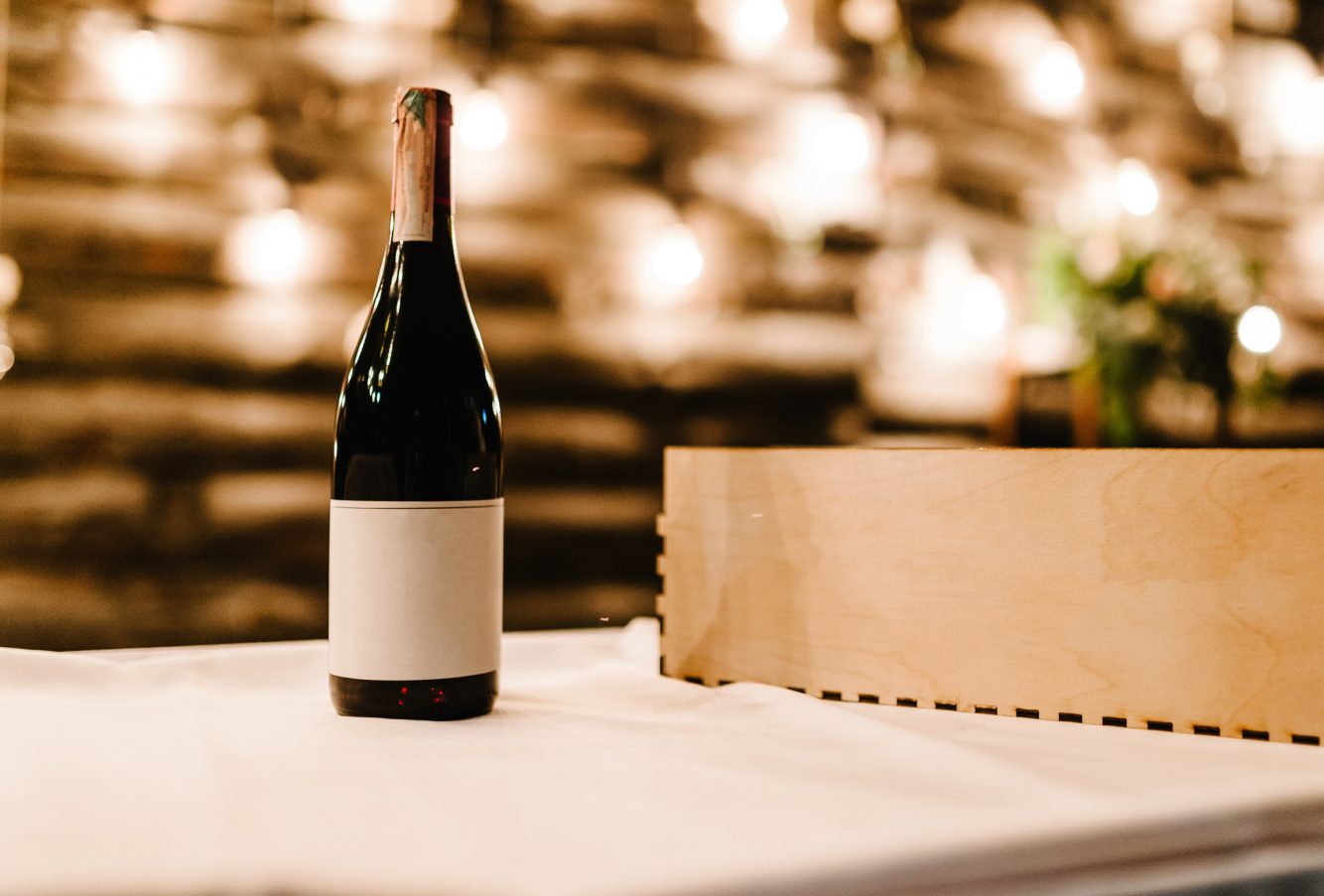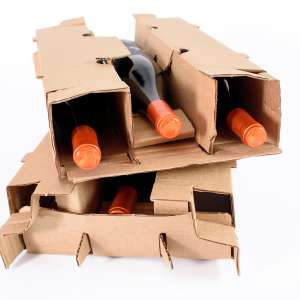Wine Transportation Technology and Future
Latest update on 21 June, 2024 by Angelina Pang– Marketing Analyst at FreightAmigo
The wine industry is undergoing a profound transformation, blending centuries-old traditions with cutting-edge technology. As the world becomes more connected, the way we produce, distribute, and consume wine is rapidly evolving. From vineyard management to the consumer experience, innovative solutions are reshaping the industry, and the future of wine transport is no exception.
In this comprehensive article, FreightAmigo will explore emerging trends and technologies that promise to revolutionize the way wine is transported, tracked, and delivered to consumers. Through this article, you will gain a deep understanding of the transformative forces shaping the future of wine transportation.
Want to instantly compare international express, air, sea, rail freight and truck logistics management solutions to control transportation costs
The Blockchain Revolution in Wine Logistics
One of the most significant technological advancements impacting the wine industry is the integration of blockchain technology. This decentralized and secure platform is revolutionizing the way wine is tracked, authenticated, and distributed throughout the supply chain.
Traceability and Transparency
Blockchain’s ability to create an immutable, transparent record of a wine’s journey from vineyard to consumer is a game-changer. By recording every step of the process, from grape harvesting to bottle shipment, blockchain enables unprecedented traceability. This not only helps combat counterfeiting but also allows consumers to trace the origin and journey of their favorite wines, fostering a deeper connection with the products they purchase.
Streamlined Supply Chain
Blockchain’s distributed ledger technology can dramatically streamline the complex wine supply chain, reducing administrative costs and increasing efficiency. Smart contracts, automated by blockchain, can handle tasks like inventory management, shipment scheduling, and even payments, minimizing the need for manual intervention and human error.
Improved Authenticity
With blockchain, each bottle of wine can be assigned a unique digital identity, making it virtually impossible to counterfeit. This enhanced authenticity builds consumer trust and protects the reputation of wineries, ensuring that the wines they produce, and ship are genuine and of the highest quality.
AI and Data Analytics
The integration of artificial intelligence (AI) and data analytics is transforming the way the wine industry approaches logistics and distribution. By harnessing the power of data, wineries and logistics providers can make more informed decisions, optimize their operations, and deliver superior customer experience.
Predictive Demand Forecasting
AI-powered predictive analytics can analyze historical sales data, consumer behavior patterns, and market trends to forecast future demand for specific wines. This allows wineries to better plan their production and shipping schedules, reducing waste and ensuring that the right products are available at the right time.
Route Optimization
AI-driven logistics solutions can analyze real-time data on traffic patterns, weather conditions, and delivery schedules to optimize the most efficient routes for wine shipments. This not only reduces transportation costs but also minimizes the environmental impact of wine logistics.
Personalized Consumer Experiences
By leveraging data analytics, wine retailers and e-commerce platforms can gain deeper insights into customer preferences, purchase history, and delivery preferences. This information can be used to curate personalized wine recommendations, offer tailored shipping options, and enhance the overall customer experience, fostering brand loyalty and repeat business.
Sustainable Packaging: The Future of Wine Shipping
As environmental consciousness continues to grow, the wine industry is embracing more sustainable packaging solutions to reduce its carbon footprint and meet the evolving expectations of eco-conscious consumers.
Lightweight and Eco-Friendly Bottles
The traditional glass wine bottle, while iconic, has a significant environmental impact due to its weight and energy-intensive production process. Innovative lightweight bottle designs, made from materials like PET (polyethylene terephthalate) or aluminum, are gaining traction, offering a more sustainable alternative that reduces the carbon emissions associated with wine shipping.
Alternative Packaging Formats
Beyond traditional bottles, the wine industry is exploring a range of alternative packaging formats, such as cans, pouches, and even boxes. These compact, lightweight options not only reduce the environmental impact of shipping but also offer greater convenience and portability for consumers.
Circular Economy Initiatives
Some wineries are embracing the principles of the circular economy, implementing initiatives like refillable bottle programs and partnering with recycling companies to ensure that their packaging materials are reused or repurposed, minimizing waste and promoting a more sustainable wine supply chain.
The Future of Wine Shipping
The future of wine shipping is not the responsibility of a single stakeholder; it’s a collaborative effort that requires the collective expertise and commitment of wineries, logistics providers, technology companies, and industry associations.
Fostering Industry Partnerships
By fostering partnerships and collaborations across the wine industry, stakeholders can leverage their respective strengths, share best practices, and develop innovative solutions that address the evolving needs of the wine shipping landscape.
Embracing Technological Advancements
Staying at the forefront of technological advancements is crucial for the wine industry to remain competitive and meet the changing demands of consumers. Wineries and logistics providers must be willing to invest in and adopt emerging technologies, from blockchain to AI, to future-proof their operations.
Adapting to Regulatory Changes
The wine shipping industry must also stay agile and responsive to evolving regulatory frameworks, ensuring compliance with relevant laws and regulations while also advocating for policies that support the industry’s growth and sustainability.
Conclusion
Overall, by understanding its commitment to blockchain, artificial intelligence, and sustainable packaging, FreightAmigo provides innovative logistics solutions that enhance traceability, optimize operations, and reduce environmental impact. By cultivating industry partnerships and staying ahead of the curve, FreightAmigo is committed to delivering exceptional service to meet the ever-changing needs of the wine industry. Together we are shaping the future of efficient, sustainable, and customer-focused wine shipping.
If you want to know more about wine transportation, please visit the FreightAmigo page!
Read More:
Beauty E-commerce | The rise and future trends | FreightAmigo
Shipping Tips: Regulations and Standards of Wine Packaging | FreightAmigo
Perishable Goods shipment by Air | A Complete Guide | FreightAmigo
If you have any inquiries on logistics / supply chain, feel free to contact FreightAmigo now:
Chat with us online | Hotline: +852 28121686 | WhatsApp: +852 27467829









































